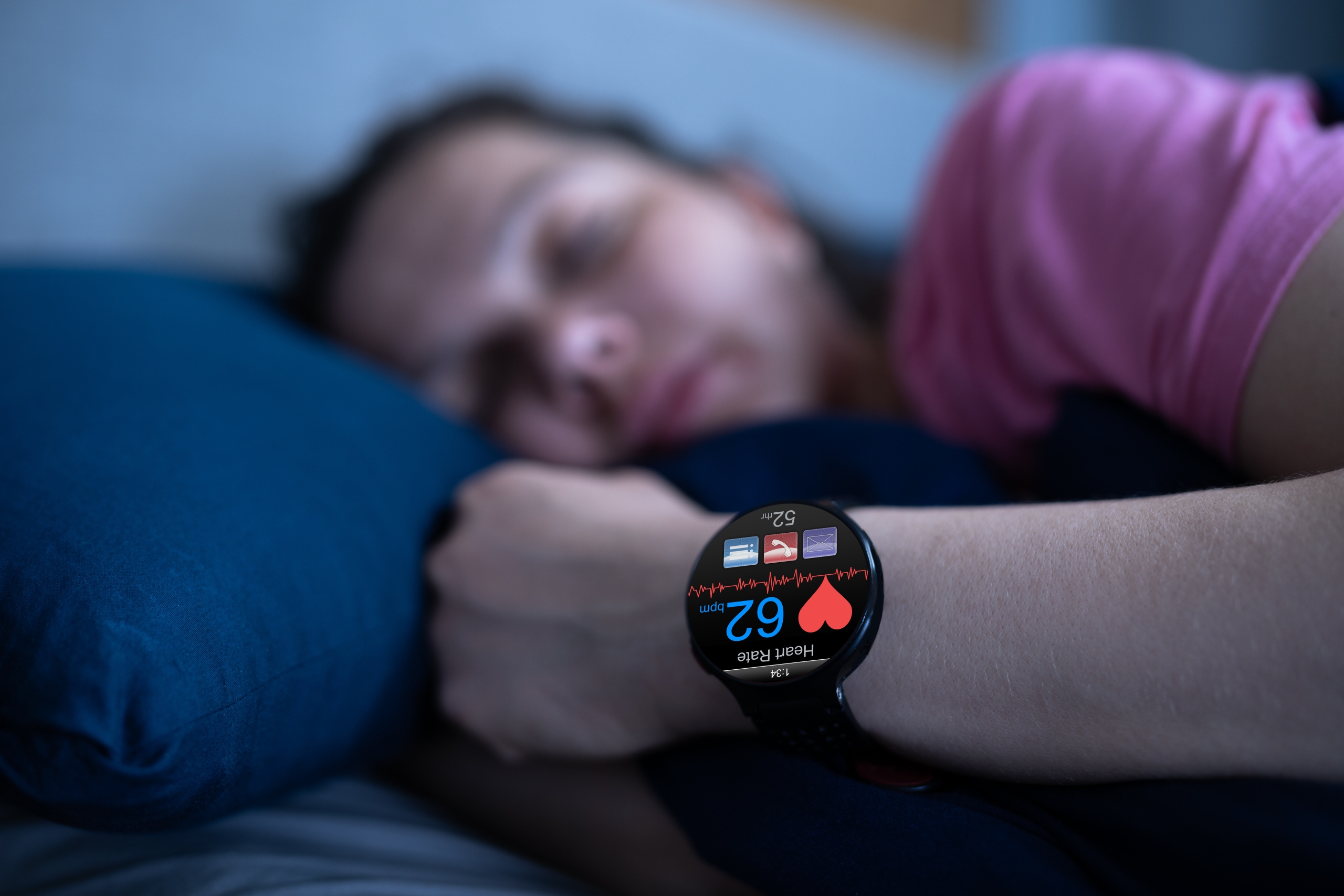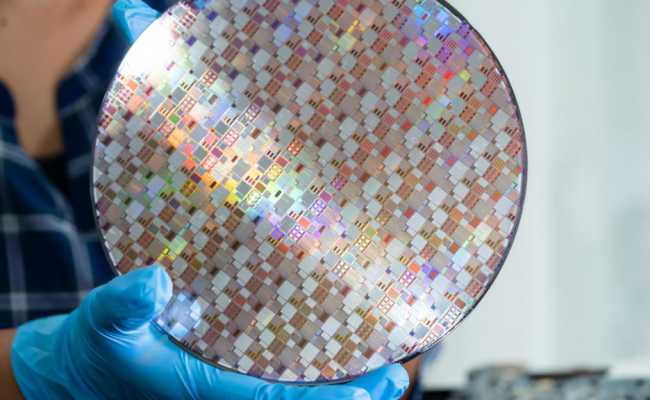
According to the National Heart, Lung, and Blood Institute (NIH), sleep deficiency can lead to physical and mental health problems, injuries, loss of productivity, and even greater risk of death. In addition, your ability to function and feel well while you’re awake depends on whether you’re getting enough total sleep and enough of each type of sleep. Whether you’re sleeping at a time when your body is prepared and ready to sleep is also an important factor. This is where sleep trackers come in.
Since the mid-2010s, sleep tracking technology has exploded in popularity in countries all over the globe. In 2020 alone, the sleep tech devices market was worth over 12.5 billion USD, with a currently projected worth of over 40 billion USD by 2027. But what exactly are sleep trackers, what do they do, and what are the potential pros and cons of using one yourself?
What is a sleep tracker?
Unsurprisingly, a sleep tracker is any product used to track your sleep cycle. Since its popularization in the 2010s, a myriad of devices has been developed and sold in the market that claims to be able to track your sleep, how much of it you get, and the overall quality of your rest. Some are developed to be left near your bedside table, whereas others are meant to be worn on the wrist or clipped onto pillows. Demand for these devices seems to be so high that even Apple®released its in-house built sleep tracking software to be used with its iPhones and Apple watches.
What do sleep trackers monitor?
In general, sleep trackers monitor aspects such as movement, noise, and – in some cases – heart rate to determine how much sleep you are getting and an estimate of quality. This way, you can set personal goals such as the ideal amount of sleep you would want to get per night and then see by the morning whether you reached these goals or not. However, the exact method by which some sleep trackers say they can estimate the quality of your sleep seems slightly dubious.
What are the potential benefits of sleep tracking?

- Access to Sleep Information
It’s impossible to know exactly when you’ve fallen asleep because sleep itself is defined as a ‘practical suspension of consciousness.’ This means that by the time you wake up, it’s very hard to tell how long you’ve been asleep. With a sleep tracker, this is no longer an issue. You can find out roughly when you went to sleep and how long you slept, giving you access to all the information you need to improve your habits and schedule. - Figure Out Underlying Problems
Unless you happen to be a natural insomniac, there may be certain triggers that cause some of your night’s sleep to be disrupted. If you live next to a street, this may be the passing of the bi-weekly garbage truck or the noise of pedestrians on a Friday or Saturday night. With a sleep tracker that detects noise and movement and heart rate, you can correlate these events to know exactly which aspects of your surroundings are causing sleep disruption. - Learn How Interrupted Your Sleep Is
If you struggle with waking up during the night, it may be useful to measure just how often this disruption occurs and whether this aligns with anything in your environment. Alternatively, you can follow expert recommendations such as not scrolling through your phone before bed and then see whether this affects how many interruptions you experience. - Monitor Heart Rate
Monitoring heart rate is a great way to measure varying sleep levels. During deep sleep, heart rate tends to slow down, giving the tracker a good idea of when you went to sleep and how deep your sleep was. Beyond this, tracking heart rate during sleep can also be a great way to diagnose issues such as potential sleep anxiety. - Help Waking up
Many sleep trackers have a function that allows them to gently wake you after a certain time. So, for example, if you set your sleep goal at 8 hours, the tracker will gently wake you once 8 hours of sleep have passed.

What are the potential limitations of sleep tracking?
- Time Expenditure
Setting up and using sleep trackers can take a lot of time and research, especially if you’re serious about sleep. To actually enjoy the benefits sleep trackers bring, it’s important to review the data collected and reported, and consider and take any suggested action. For some users, this is just too much time and effort to invest. - Overthinking
The mere act of buying and learning to use a sleep tracker is more than enough to make some users overthink their sleep. This can often get people into their heads and hinders sleep more than helping it. - Limited Feedback and Reliability
Although sleep trackers track multiple aspects of physiology during sleep, false positives are possible drawbacks. Depending on the device and the type of sleeper, data reliability needs to be considered. For example, many people frequently move during the night, which can trigger your device into thinking you’re no longer asleep. The same goes for sleep talking. - The temptation to Check During the Night
Knowing that a device monitors your current state increases the temptation to look and check how your sleep is going. This is a bad idea, obviously, since it may trigger anxiety or insomnia due to less-than-optimum results.
Overall, sleep tracking is definitely worth it for those who struggle with sleep or are interested in improving its quality. Since there are literally hundreds of products on the market, it’s a good idea to do your research and choose what’s best for you based on budget and what type of sleeper you are.
How Ambiq Contributes
Ultra-low power SoCs from Ambiq® extend the processing capability and battery life in wireless devices and advanced wearables, enabling a more robust experience.
Built on our patented Sub-threshold Power Optimized Technology (SPOT®) platform, Ambiq’s products reduce the total system power consumption on the order of nanoamps for all battery-powered edge devices. Simply stated, our solutions can enable ultra-low-power biometric healthcare solutions of the future.

